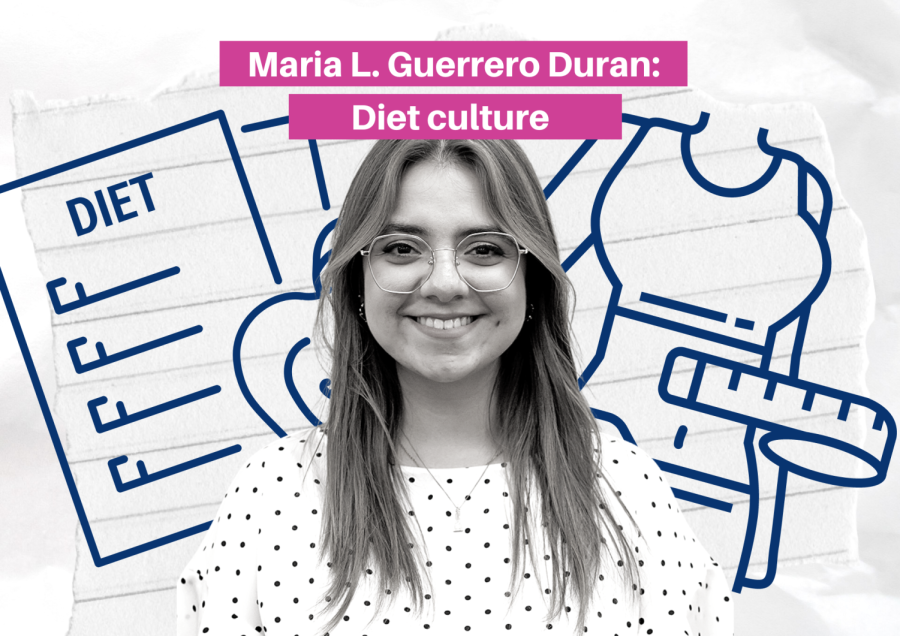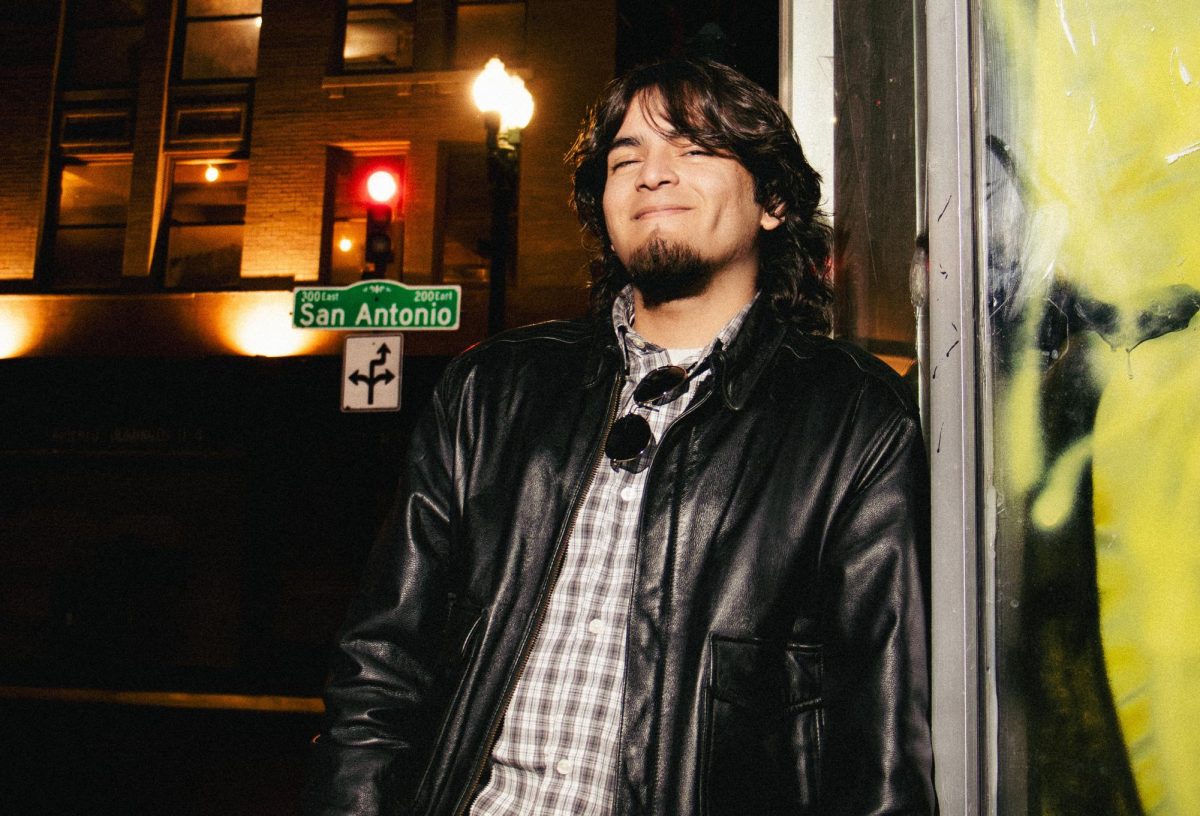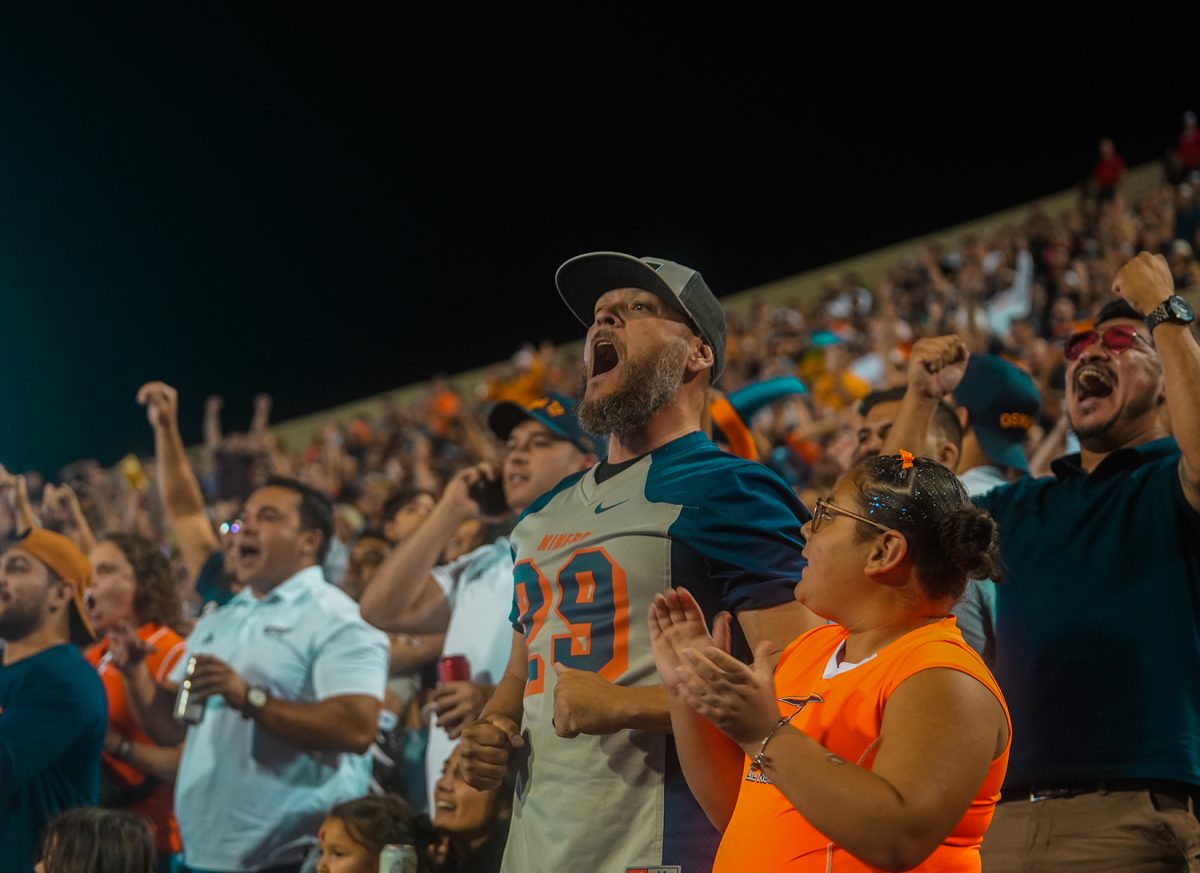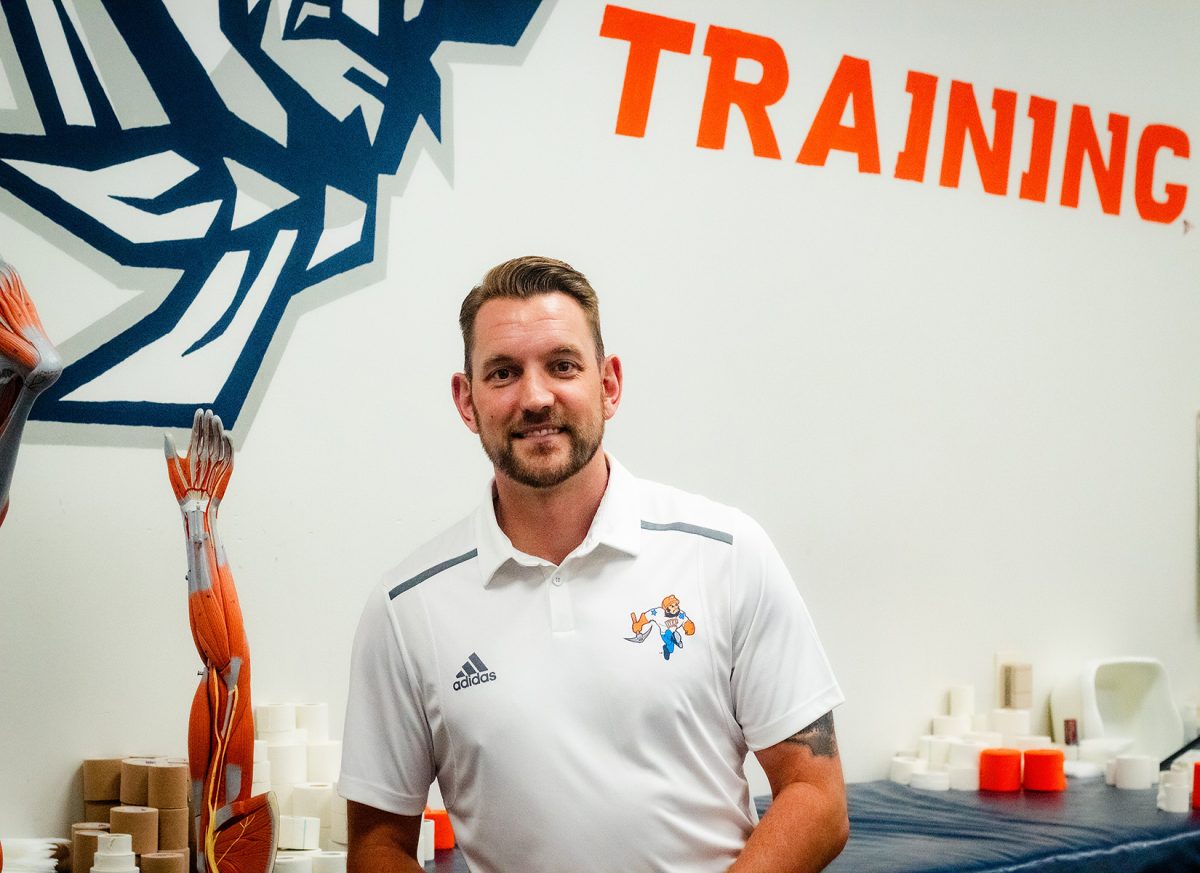I learned about diet culture in my late teens when the transition of a teenager body to a young adult one became very awkward. The fitness and nutrition website “Verywell Fit” defines “diet culture” as the belief that appearance and body shape are more important than the physical, psychological, and general well-being.
Normalizing the labeling of foods as good or bad, creating a poor self-image and encouraging the individual to do whatever possible to achieve the desired weight and measurements.
Unfortunately for me, I acquired this piece of knowledge during quarantine when I had nowhere to go and was trapped with my own thoughts at home.
I became very critical of how I looked, and I was able to create this somewhat sustainable routine. I got to the point where I would work out six days a week and prep my own meals. I was happy because I lost a considerable amount of weight in a short period of time. However, once I had to come back to school, I did not have the time or energy to work out as much as I was used to, and that is when the problem started.
I became so invested in losing weight that all the content I was viewing had targeted headlines such as “do this for two weeks to lose weight,” “lose muffin top and love handles,” “side booty round hips.” I did not realize this until my routine changed and my priority became commuting to school five days a week and doing homework.
I was so mentally drained that I did not have the energy to work out after school, and it later transformed into punishing myself with food, either eating too little or trying to “compensate” the calories I was consuming during the day with idiotic logic.
This made me realize that once you reach your “ideal weight,” the feeling of comfort does not arrive. Instead, the anxiousness of keeping up with that weight and the healthy lifestyle hits like a train when you start noticing that it demands a lot of discipline that a lot of people lack.
Social media platforms like Instagram and TikTok became my nutritionist and my gym coach, and I followed all these trends that caused me nothing but stress because I did not look like my favorite influencer. Because it turns out, no matter how strictly you follow their routine, your body will never look like theirs, and you realize that what might work for them, might not work for you.
Once I started going to therapy, I realized this came from all the content I was looking at, which implanted the concept of thinking of food as a reward. What I told myself was that since I was not working out, I did not deserve to be rewarded.
Thankfully, I am now at a stage where I can eat what I want without remorse and do not see exercise as a punishment to burn off calories. It took a lot of stress and therapy sessions for me to finally say “I am okay” and genuinely mean it.
The same article by Verywell Fit encourages people to combat diet culture by avoiding forms of media that increase feelings of poor self-image. So, unfollow that model that urges you to be skinny.
The article also talks about practicing body neutrality. This has been the hardest exercise I have ever done. It means practicing mindfulness with your body, focusing on what your body does for you and being thankful for it.
Learning to accept the way you look is a crazy journey, because the more you pay attention to it, the more you notice how much it can change in short periods of time. However, once you learn how to appreciate yourself, life becomes so much lighter.
Maria L. Guerrero Duran is the web and copy editor and may be reached at [email protected]; @bymariaguerrero on Instagram and Twitter.












